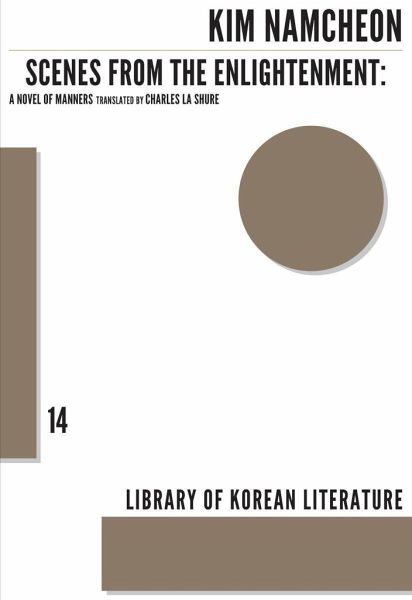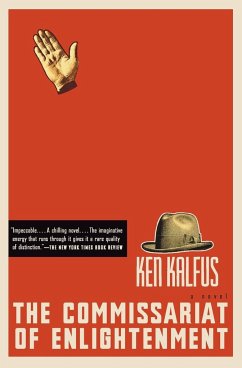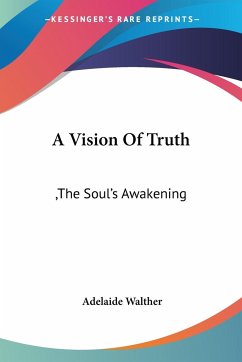
Scenes from the Enlightenment
A Novel of Manners
Übersetzer: La Sure, Charles
Versandkostenfrei!
Nicht lieferbar
Scenes from the Enlightenment: A Novel of Manners was published in 1939, toward the end of the Japanese colonial period in Korea, and depicts seemingly trivial events in the lives of the residents of a small town northeast of Pyongyang: a wedding between two local families, the arrival of box upon box of fascinating new Western products at the Japanese-run general store, a long-awaited athletics meet held at the local school. But in these events, and in the changing familial and social relationships that underpin them, we see a picture of a changing Korea on the cusp of modernity. When two boys decide to cut their hair in the Western fashion, the reader sees the conflict between tradition and modernity presented not in abstract terms, but in one of the myriad ways it affected the lives of those who lived through this time of change.
Originally published in Korean as Taeha by Inmunsa, 1939.






